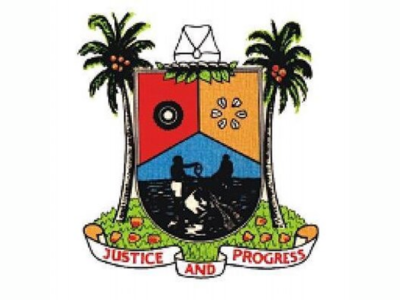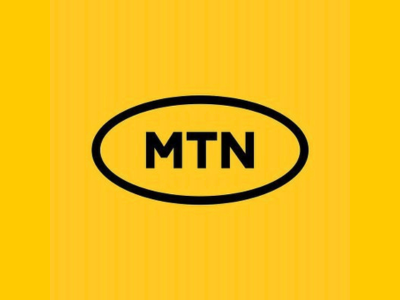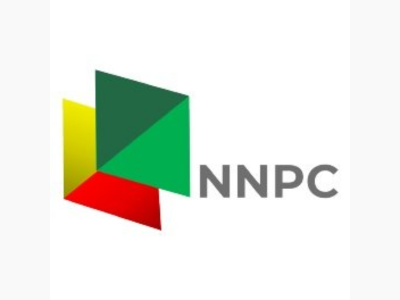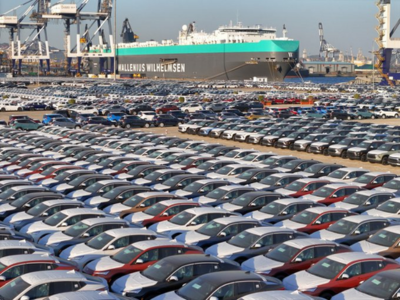Nigeria's Bonny Light Climbs to $67 on Qatar Strike, as OPEC+ Cuts Loom
- by Admin.
- Sep 10, 2025

Credit: Freepik
Nigeria's flagship crude, Bonny Light, surged to $67 per barrel on Wednesday, September 10, 2025, up from $65 the previous day, as global markets reacted to Israel's airstrikes on Hamas targets in Qatar, a key oil and gas producer.
The attack, which drew widespread condemnation and fears of regional instability, pushed Brent crude—a benchmark for Bonny Light—to $66.58 per barrel, a rise of more than $1 from pre-strike levels. The Israeli military confirmed the strikes in Doha's West Bay area on Tuesday, September 9, targeting senior Hamas leaders, including negotiators involved in Gaza ceasefire talks. Qatar, a former OPEC member and mediator in the Israel-Hamas conflict, condemned the action as a "cowardly" violation of its sovereignty, reporting the death of one internal security officer and several injuries.
Hamas stated that while five members, including the son of chief negotiator Khalil al-Hayya, were killed, its leadership survived unscathed. The U.S. White House expressed disapproval, noting the strike in a key ally's territory "does not advance Israel or America's goals," despite prior notification. Regional powers like Saudi Arabia and the UAE also denounced the move, highlighting risks to ongoing peace efforts amid the nearly two-year Gaza war.
Despite the uptick, oil prices remain well below Nigeria's 2025 budget benchmark of $75 per barrel, based on projected output of 2.06 million barrels per day and an exchange rate of N1,500 to the dollar. The brief rally reflects market speculation over potential supply disruptions from Qatar, which produces about 1.3 million barrels daily and holds significant liquefied natural gas reserves. However, analysts caution that the gains may be short-lived, with broader fundamentals pointing downward.
OPEC+ recently announced plans to ease production cuts by 137,000 barrels per day starting October 2025, adding to an anticipated market surplus. The group, including Nigeria, has been gradually unwinding voluntary reductions totaling 2.2 million barrels per day since April, aiming to regain market share amid steady global demand.
OPEC+ emphasized flexibility, stating the October adjustment could be paused or reversed based on market conditions. With global inventories low and economic outlooks stable, the move aligns with efforts to balance supply, but it risks exacerbating a projected glut in late 2025.
For Nigeria, Africa's largest oil producer, sustained prices above $75 would ease fiscal strains, but the Qatar incident underscores how geopolitical flares can inject volatility into an otherwise softening market.













0 Comment(s)